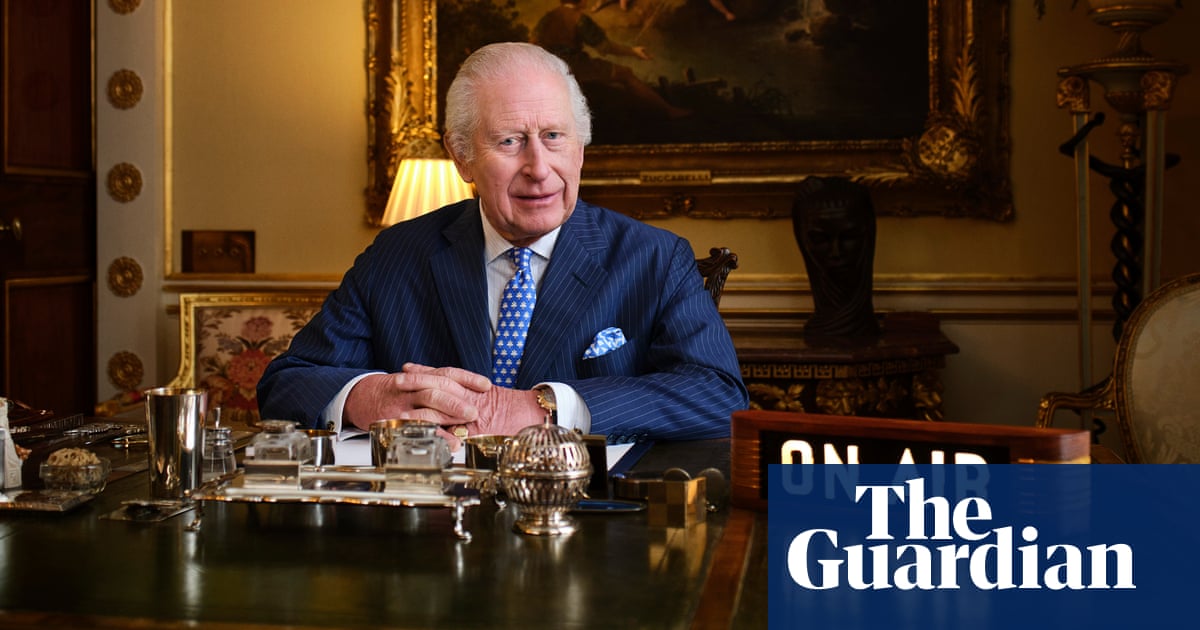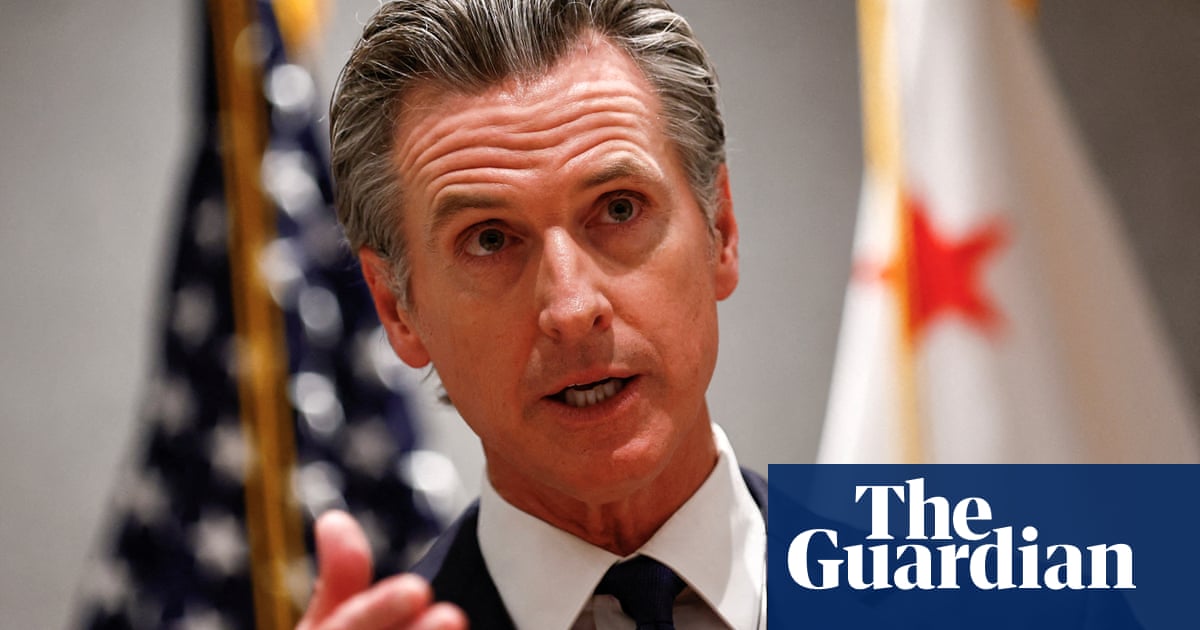This year hasn’t been great for charity foundations fronted by British celebrities. As we head into the Christmas season and think about supporting others with donations to nonprofit organisations, it might be worth reflecting on the lessons we’ve learned along the way.
In 2024 the charities of two very different household names, Captain Sir Tom Moore and the model Naomi Campbell, fell into disrepute. In both cases, the organisations’ founders – members of Moore’s family, and Campbell herself – allegedly used charitable capital for personal gain.
A Charity Commission report on the Captain Tom Foundation found that Moore’s daughter Hannah Ingram-Moore and her husband, Colin, directly and inappropriately benefited financially from their links to the foundation, including using the organisation’s name in a planning application to construct a building to be used for charitable purposes, which later turned out to be a pool/spa facility (later demolished by order of the council).
Campbell was banned from being a charity trustee because the Charity Commission found evidence of financial misconduct, including inappropriately spending tens of thousands of pounds on luxury hotel rooms, flights, spa treatments, personal security and cigarettes for the model.
Mistakes were also made with the Australian cricketer Shane Ward’s foundation. Reportedly, only 16 cents in every dollar was donated to charities caring for sick and underprivileged young people between 2011 and 2013 (the foundation said the amount was 30 cents in 2014). It was also reported that one year Warne’s brother received a salary higher than the sum donated to beneficiaries.
Even when huge amounts are raised, pooling donations towards one celebrity and one cause can cause problems. Take the unfortunate case of the Australian comedian Celeste Barber, who raised a staggering $51.3m, promising it would help many states affected by the catastrophic bushfires of 2019-20, and various other bushfire-related causes. Unfortunately, due to the way the fund was set up, the money could legally only be narrowly used for training, administration and equipment for New South Wales’ rural fire service.
Nobody – not Barber nor her generous donors – can be blamed for what became a rapid runaway success for a much-needed cause. But the fundraising eclipsed the infrastructure needed to steward the donations. “Turns out that studying acting at university does not make me a lawmaker,” Barber said of the legal ruling.
Celebrities can and do use their platforms for awareness-raising and fundraising. But these examples should give us a newfound respect for the work of the more established, if less glitzy, organisations.
A stubborn myth persists that charity admin costs deprive frontline causes of money; that charities should be staffed by volunteers, not “greedy” paid professionals, and overheads should be minuscule, maximising funds to the people who need them. But it’s these very staff members and their attendant costs that allow charities to perform their roles with due diligence and professionalism, ensuring that donations are spent well in the field.
I spent 13 years working in public relations and communications for the charity sector – Barnardo’s, Stonewall, Comic Relief and later various Australian charities. I was the admin cost. My work promoted the charities’ efforts in the media, and spread the word about fun ways more people could fundraise, campaign or volunteer for us – thereby maximising our impact.
Trust and safety advisers and finance directors aren’t celebrities, but heroes in their respective fields. Their office-based work looks boring in comparison to that of the “angels” who undertake the delivery of a good cause, but it ensures thriftiness, good stewardship and the ability to grow. It prevents corruption, waste and theft.
My teams researched, vetted and monitored celebrities as appropriate ambassadors – so we (the experts), rather than they (the celebs and their entourages), managed the delivery of essential funds and services, and in the process maintained the trust of the public. Those who have studied nonprofit management on dreary evening courses may not have star power, but they have something more important: philanthropic nous.
So this Christmas, look not to your favourite celebrity when deciding which causes to donate to, but the issues that matter most to you in your community and the wider world. Seek out a charity with an established reputation for good in that field. Leave the glitz to the tree and make sure someone else is spending your money wisely.
-
Gary Nunn is an author and journalist
-
Do you have an opinion on the issues raised in this article? If you would like to submit a response of up to 300 words by email to be considered for publication in our letters section, please click here.

.png) 3 months ago
27
3 months ago
27













































